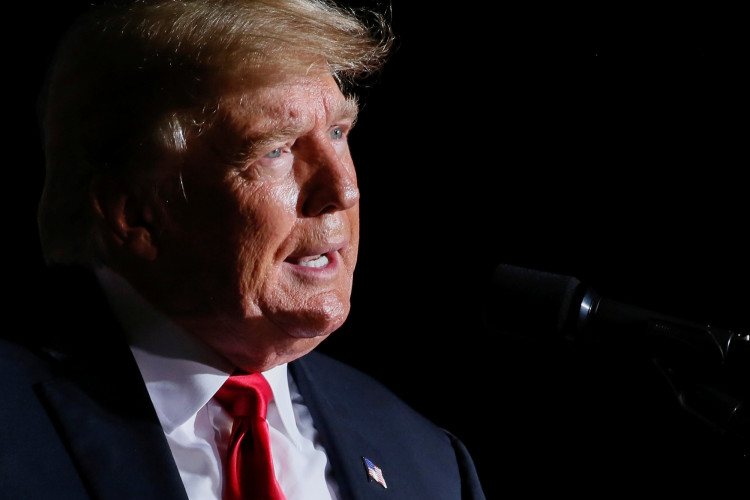Congress narrowly avoided a government shutdown ahead of the holidays, passing a last-minute funding measure to keep the government open until March 14. While the immediate crisis was averted, the deal has set the stage for a tumultuous start to President-elect Donald Trump's return to office. Republicans, despite holding majorities in both chambers, face a daunting array of legislative deadlines and an increasingly fractured party dynamic.
The funding agreement, pushed through by Speaker Mike Johnson after several failed attempts, drew sharp criticism from lawmakers on both sides of the aisle. Johnson, already under fire for his handling of the process, faces growing doubts about his ability to manage a divided House majority. "It's such an embarrassment," said Sen. Josh Hawley, who expressed "zero confidence" in Johnson's leadership. The criticism extended beyond House Republicans, with Sen. Mike Lee predicting a leadership shakeup in the coming year, calling it "almost inevitable."
The tensions within the Republican Party were exacerbated by Trump's demands for an immediate extension of the debt ceiling, a move he argued would prevent Democrats from leveraging it next year. However, the demand was met with resistance from House Republicans, 170 of whom defied the president-elect by voting against it. The turmoil of the last week "foretells something very ominous about next year," said Rep. Gerry Connolly, reflecting concerns about the challenges ahead.
Rep. Andy Barr highlighted the need for better communication within the party, noting that the disarray in recent negotiations revealed significant weaknesses. "The House needs to over-communicate within our various factions," he said, emphasizing the importance of unity in advancing conservative priorities. His comments were echoed by Sen. Thom Tillis, who described the complexity of upcoming legislative battles as far greater than the stopgap funding process.
Trump's legislative priorities for 2025, including extending his 2017 tax cuts, enhancing border security, and expanding domestic energy production, face formidable obstacles. The House Republican majority, likely to be reduced further as members leave to join the Trump administration, leaves little margin for error. "It's going to be really hard in the House because they just simply don't have a working majority," said Sen. Mike Rounds.
Sen. Lisa Murkowski pointed to the difficulties of crafting reconciliation packages to advance Trump's agenda while avoiding a Democratic filibuster in the Senate. "It's hard to fit things in," she said, referencing the challenges faced during Trump's first term. The Republican effort to repeal the Affordable Care Act in 2017, which failed due to internal divisions, remains a stark reminder of these challenges.
Another significant hurdle lies in raising the debt ceiling, a contentious issue that could divide the party further. House Republicans are reportedly tying a $1.5 trillion debt limit increase to $2.5 trillion in spending cuts, targeting programs such as Medicaid and SNAP. Peggy Bailey of the Center for Budget and Policy Priorities warned that such cuts could have severe consequences for vulnerable populations.
The fight over state and local tax (SALT) deductions adds yet another layer of complexity. Lawmakers from high-tax states are pushing to eliminate the cap, while others argue that doing so would disproportionately benefit wealthy individuals in blue states. These internal divisions risk derailing the broader tax reform effort, a key component of Trump's agenda.
The recent funding negotiations also highlighted the outsized influence of Elon Musk, who has been a vocal ally of Trump. Musk's intervention in the negotiations, which ultimately scuttled an initial bipartisan agreement, raised concerns among lawmakers. "A lot of people on both sides of the aisle are deeply disturbed by a billionaire threatening people if they don't vote the right way," said Rep. Debbie Dingell.
As Trump prepares to take office, Senate Minority Leader Mitch McConnell summed up the mood on Capitol Hill: "Oh, this is the way it's going to be next year." With deadlines looming, a slim majority in the House, and internal divisions threatening to derail key priorities, Republicans face a challenging road ahead. "We got a big mess on our hands, no doubt about it," said Sen. Ron Johnson, encapsulating the uncertainty and turmoil that lie in wait.






